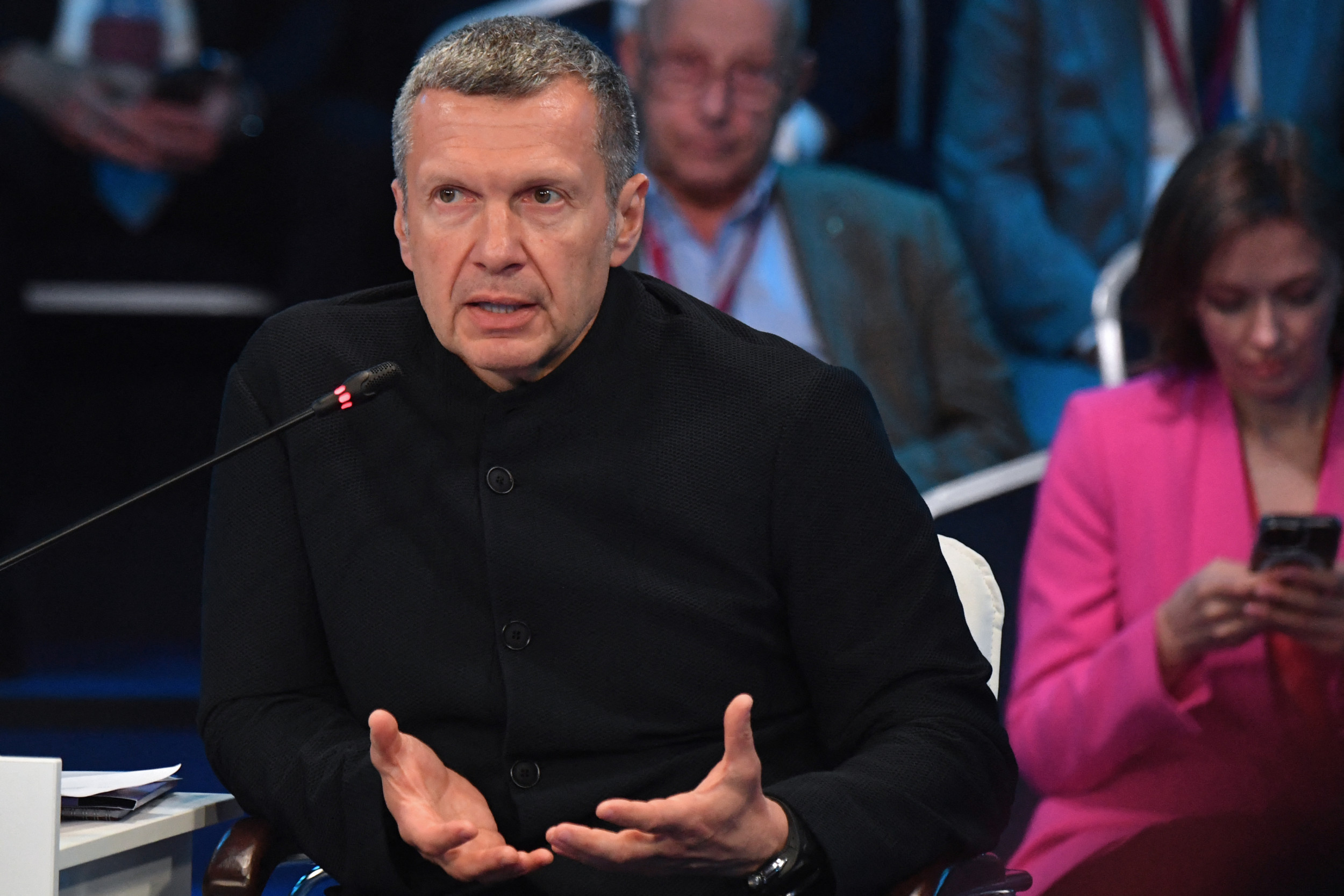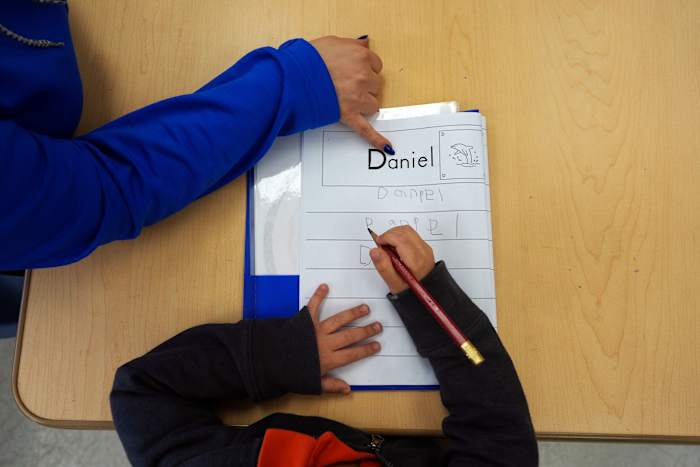Did the Outrageous Boston Mayor's Race Polls Actually Get It Right?

Published: 2025-09-10 17:43:42 | Category: Crime GNEWS Search
This year’s Boston mayoral preliminary election has showcased a decisive lead for Mayor Michelle Wu over challenger Josh Kraft, with Wu securing approximately 72% of the vote compared to Kraft's 23.1%. These results align closely with recent polling data, indicating a significant preference among voters for Wu's leadership style and policies. The two candidates will now advance to the general election scheduled for 4 November 2023, where they will compete for the city's mayoral seat for the next four years.
Last updated: 04 October 2023 (BST)
Key Takeaways from the Preliminary Election
- Michelle Wu won with 72% of the vote, while Josh Kraft received 23.1%.
- The results mirrored recent polling predictions, confirming Wu's strong position.
- Both candidates will continue to the general election on 4 November 2023.
- Kraft remains optimistic about his campaign despite the preliminary results.
- Wu highlighted her administration's accomplishments and commitment to community engagement.
Election Overview
The preliminary election results reflect a continuation of support for Michelle Wu, who has been in office since 2021. Her leadership has focused on progressive policies such as affordable housing, public transportation reform, and community engagement. Wu’s significant victory margin in the preliminary election suggests that many Boston residents appreciate her approach and accomplishments during her first term.
Polling Insights
Recent polling data prior to the election indicated a strong preference for Wu. An Emerson College poll revealed a 50-percentage-point lead, with Wu at 72% and Kraft at 22%. Comparatively, a Boston Globe and Suffolk University poll conducted in July showed Wu leading by 30 points. These findings highlight a consistent trend in voter sentiment favouring Wu as their candidate of choice.
Josh Kraft’s Campaign Strategy
Despite the preliminary results, Josh Kraft remains determined to campaign vigorously leading into the general election. Kraft, who is the son of New England Patriots owner Robert Kraft and has a background in community service, stated that he would review the results with his campaign team before strategising for the final two months. Kraft expressed a belief that hard work and persistence would be key to closing the gap with Wu.
Challenges Faced by Kraft
Kraft's campaign has faced significant challenges, including the perception of being an outsider despite his longstanding ties to Boston through his family. His criticisms of Wu have focused on several key issues, including:
- Housing: Kraft has raised concerns about the availability of affordable housing in Boston.
- Public Safety: He has highlighted issues regarding crime rates and public safety measures.
- Drug Use: Kraft has addressed concerns related to drug use in areas like Mass. and Cass.
- Transportation: He has questioned Wu’s policies on bus and bike lanes and their impact on traffic.
- Community Engagement: Kraft has accused Wu of neglecting the input of residents and local businesses.
Michelle Wu’s Vision for the Future
Wu’s response to her preliminary win was one of gratitude and determination. At a press conference in front of City Hall, she framed the overwhelming support as an endorsement of her administration’s efforts over the past two years. Wu plans to intensify her engagement with the Boston community, promising to reach out to every resident to discuss their concerns and aspirations for the city.
Community Engagement Strategies
As she moves forward in her campaign, Wu aims to enhance her visibility and connection with voters. Her strategies include:
- Holding town hall meetings in various neighbourhoods.
- Expanding outreach efforts to underrepresented communities.
- Utilising social media to communicate her policies and gather feedback.
- Creating platforms for discussions around housing, safety, and public services.
The Road to the General Election
With the preliminary election concluded, both candidates will now prepare for the general election on 4 November 2023. This period will be crucial for both Wu and Kraft as they fine-tune their messages and campaign strategies.
What’s Next for Each Candidate?
For Wu, the focus will likely be on consolidating her support and ensuring voter turnout. She will continue to highlight her administration's accomplishments and plans for the future. Conversely, Kraft will need to strengthen his messaging and appeal to undecided voters, showcasing how his vision differs from Wu's and why he is the better choice for Boston's future.
Conclusion: What Lies Ahead for Boston?
The results of the preliminary election have set the stage for a highly competitive general election. Voters in Boston will have the opportunity to weigh in on the future direction of their city, with significant implications for policies affecting housing, public safety, and community engagement. As both candidates ramp up their campaigns, the coming weeks will be critical in shaping the narrative and influencing voter sentiment.
As Boston residents prepare to cast their votes, it prompts the question: what do they envision for the future of their city? The choices made in this election could define Boston's trajectory for years to come. #BostonElections #MichelleWu #JoshKraft
FAQs
When is the general election for Boston mayor?
The general election for Boston mayor is scheduled for 4 November 2023.
What were the preliminary election results for Wu and Kraft?
In the preliminary election, Michelle Wu received approximately 72% of the vote, while Josh Kraft garnered about 23.1%.
How did recent polls reflect the election outcome?
Recent polls indicated a strong lead for Wu, with an Emerson College poll showing her at 72% compared to Kraft's 22%, closely matching the preliminary results.
What are the key issues in the Boston mayoral election?
Key issues include housing affordability, public safety, drug use, transportation policies, and community engagement.
What campaign strategies will Wu employ moving forward?
Wu plans to engage with voters through town hall meetings, social media outreach, and discussions around community concerns.



